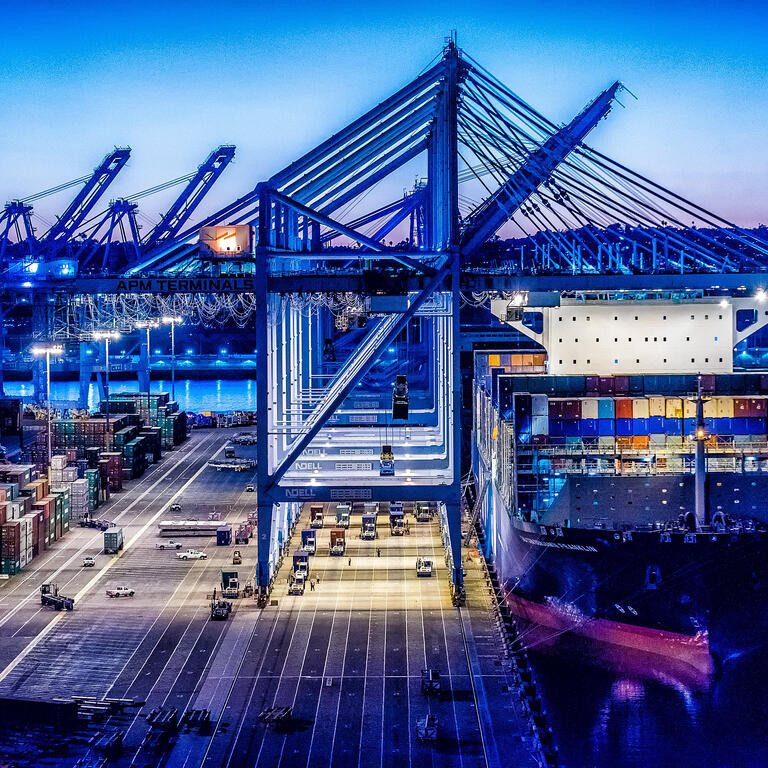
IMO-2020
New rules come into play globally which aim to reduce sulphur oxide emissions from ships.IMO 2020
On January 1st 2020 new rules come into play globally which aim to reduce sulphur oxide emissions from ships. From that date, all merchant vessels must use marine fuels with a maximum Sulphur content of 0.5% compared with the current 3.5%.
The new regulations are being introduced by the IMO (the International Maritime Organization) and are referred to as IMO 2020. The aim of this emissions cut is to significantly reduce the shipping industry's impact on the general public and the environment.
All ship operators need to comply with these new regulations whether by upgrading vessels or fuel – both of which come at a cost which will be passed on directly to shippers. This is a compulsory change in the rules from January 1st 2020 and CEVA Logistics' ocean freight specialists around the world are fully versed in what these changes will mean for you.
As a responsible multi-modal operator CEVA thoroughly endorses the initiative and will support its customers in understanding the new rules and what their impact will be. Our parent company, the shipping line CMA CGM is a fully compliant carrier.

WHAT YOU NEED TO KNOW
The facts
THE SCIENCE
The main type of oil used by ships is heavy fuel oil, known as "bunker oil" which results from crude oil distillation. Crude oil contains sulphur which, following combustion in the engine, ends up in ship emissions.
These sulphur oxides (SOx) are known to be harmful to human health and can cause respiratory symptoms and lung disease. In the atmosphere, SOx can lead to acid rain, which can harm crops, forests and aquatic species, and contributes to the acidification of the oceans.
THE COST
This change as a result of implementing IMO 2020will mean additional costs for customers compared with the currently used fuels. Information on the exact nature of the costs will be communicated by your local CEVA Logistics team.
THE ENVIRONMENT
Limiting sulphur oxides emissions from ships reduces air pollution and results in a cleaner environment.
Studies have shown that ships are by far the most energy-efficient form of transportation, compared with other modes such as aviation, road trucks and even railways. It is also important to consider the amount of cargo carried and the emissions per tonne of cargo carried, per kilometre travelled.
For more information on CEVA Logistics and IMO 2020 CLICK HERE
For extended information on the new IMO 2020 rules CLICK HERE to visit their website